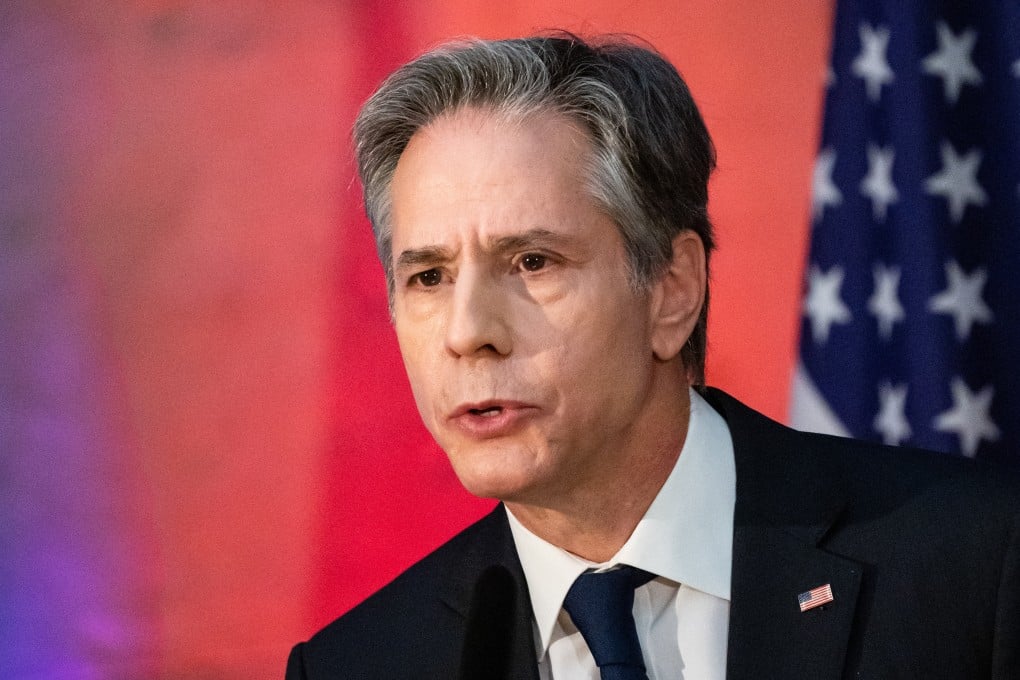My Take | The new cold war will be worse than the old one
- If US Secretary of State Antony Blinken is anything to go by, Washington wants to drag everyone into a fight of ‘with us or against us’

Angela Merkel once described Vladimir Putin as someone using 19th-century methods in the 21st century, by which she meant his fondness for territorial conquest in a “postmodern” age supposedly dedicated to international law and order.
You can also say Washington is stuck with its 19th- and 20th-century world view in this century, if the latest speech by Antony Blinken is anything to go by. And that may be even more dangerous to the rest of the world.
Given his advocacy of the good old American exceptionalism in the face of great power rivalry, he sounds more like a throwback to the last century or two. If that’s really the US response to the “new era”, I fear for both America and the world.
“The United States is leading in this pivotal period from a position of strength,” he declared.
“We’ve proven time and again that when America comes together, we can do anything. Because no nation on Earth has a greater capacity to mobilise others in common cause.
